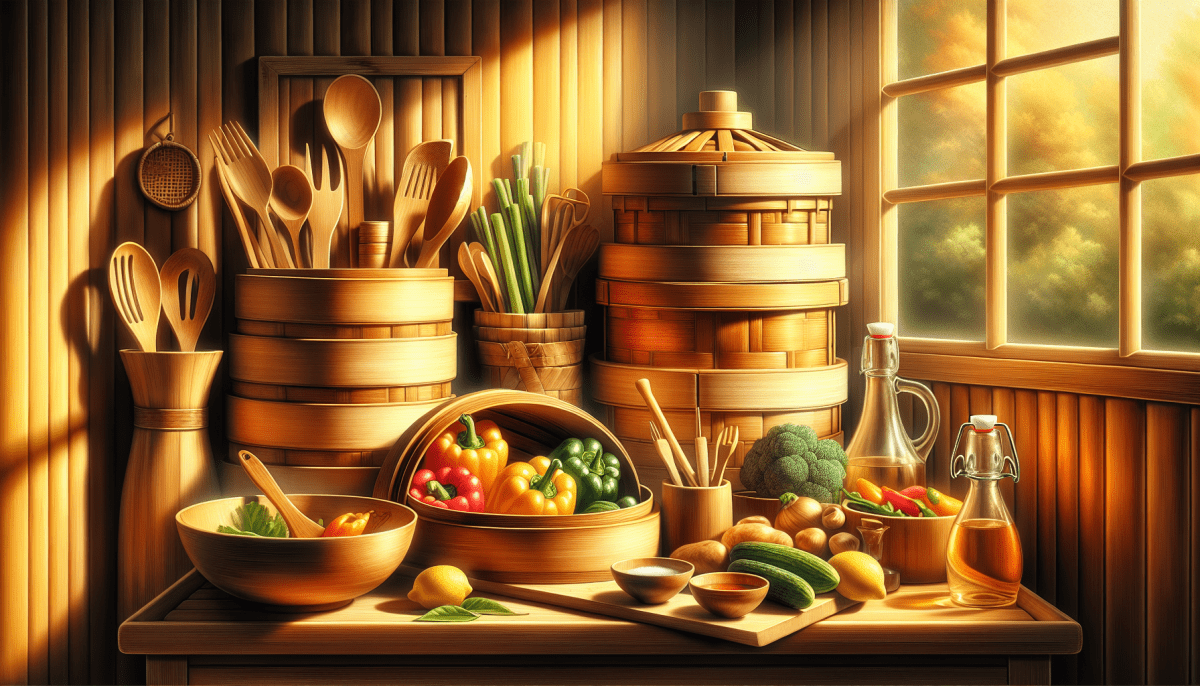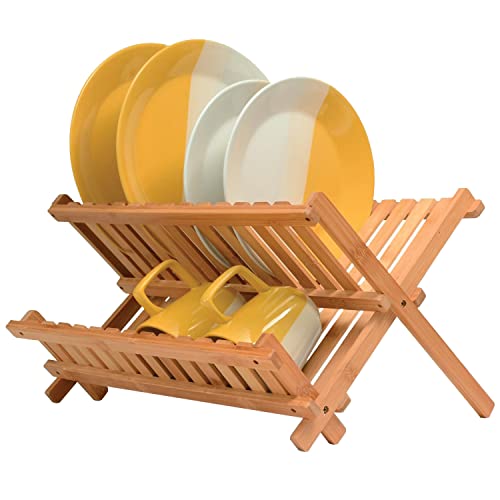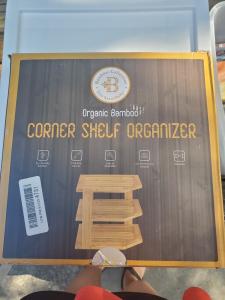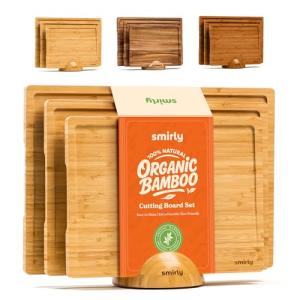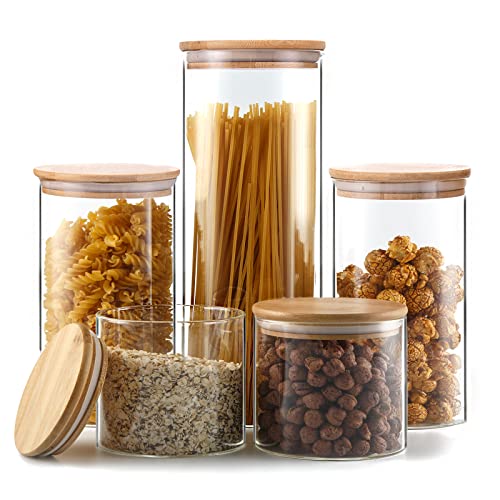Welcome to our beginner's guide on bamboo cookware! If you are new to cooking with bamboo utensils, this article will provide you with all the essential information you need to get started. Bamboo cookware has gained popularity in recent years due to its eco-friendly and sustainable nature. Not only is bamboo a renewable resource, but it also offers several benefits for cooking and food preparation.
Why Choose Bamboo Cookware?
Bamboo cookware is a great alternative to traditional utensils made from plastic or metal. It is lightweight, durable, and has natural antimicrobial properties, making it resistant to bacteria and odors. Additionally, bamboo is a highly heat-resistant material, making it suitable for cooking and serving hot dishes.
Caring for Your Bamboo Cookware
Proper care and maintenance are essential to ensure the longevity of your bamboo cookware. Follow these simple tips to keep your utensils in excellent condition:
- Hand wash your bamboo utensils with mild soap and warm water. Avoid soaking them in water for extended periods or using a dishwasher, as it can cause warping or splitting.
- To prevent the growth of bacteria, dry your bamboo utensils thoroughly after washing. You can simply air-dry them or use a clean towel.
- Periodically apply a food-safe oil, such as mineral oil or bamboo oil, to moisturize and protect the bamboo. This will help maintain its natural luster and prevent drying or cracking.
- Avoid exposing your bamboo cookware to extreme temperatures, such as placing it in an oven or microwave.
By following these simple care instructions, your bamboo cookware will remain in excellent condition and continue to serve you well in the kitchen for years to come. So go ahead and explore the world of bamboo cookware – you won't be disappointed!
Maintaining the Natural Beauty: Cleaning Your Bamboo Cookware
Bamboo cookware is not only functional but also adds a touch of natural beauty to your kitchen. To keep your bamboo cookware looking its best, it is important to clean it properly after each use. Here are some easy tips and tricks to help you maintain and care for your bamboo cookware.
1. Hand wash: It is recommended to hand wash your bamboo cookware with mild dish soap and warm water. Avoid using abrasive sponges or harsh chemical cleaners as they can damage the bamboo surface. Gently scrub the cookware with a soft sponge or cloth to remove any food residue or stains. Rinse it thoroughly and allow it to air dry before storing.
2. Avoid soaking: While bamboo cookware is generally water-resistant, it is best to avoid soaking it for extended periods. Prolonged exposure to water may cause the bamboo to swell or warp. Instead, quickly wash and rinse your cookware, ensuring it does not sit in water for too long.
3. Occasional oiling: To maintain the natural luster and durability of bamboo, consider applying food-grade mineral oil or a bamboo conditioner occasionally. This will help prevent the wood from drying out and cracking. Apply a small amount of oil to a clean cloth and gently rub it onto the surface of the cookware, following the grain of the bamboo. Wipe off any excess oil and allow it to air dry.
Protecting Your Bamboo Cookware: Essential Dos and Don'ts
While bamboo cookware has become increasingly popular in modern kitchens due to its eco-friendly nature and excellent heat resistance, it is essential to take proper care of these utensils to ensure their longevity and functionality. By following these essential dos and don'ts, you can protect your bamboo cookware and keep it in perfect condition for years to come.
First and foremost, do hand wash your bamboo cookware. Although some bamboo utensils claim to be dishwasher safe, it is always best to hand wash them to avoid any potential damage. Use warm water, mild dish soap, and a soft sponge or cloth to gently clean your bamboo cookware. Avoid using abrasive materials or harsh cleaning agents as they can scratch or damage the surface.
Secondly, do dry your bamboo cookware thoroughly before storing it. Moisture can cause the bamboo to swell or even grow mold over time. After washing, wipe your cookware with a clean, dry towel and let it air dry completely. Ensure there are no hidden pockets of water or moisture as you store it away.
On the other hand, it is important to not expose your bamboo cookware to extreme temperatures. Avoid using them in the oven, microwave, or stove. Bamboo is a natural material and can become weak or crack with sudden temperature changes. If you need to stir a hot pot or pan, opt for bamboo utensils with long handles or use them while the dish is already off the heat.
Additionally, do not leave your bamboo cookware soaking in water for extended periods. Prolonged exposure to water can cause swelling and splitting of the bamboo. After washing, promptly dry the cookware instead of leaving it submerged or sitting in a dish rack.
Lastly, do apply a food-grade mineral oil to your bamboo cookware occasionally. This will help maintain its shine, prevent it from drying out or cracking, and protect it from stains or odors. Apply a small amount of the oil to a clean cloth and rub it onto the utensils in a circular motion. Allow the cookware to absorb the oil for a few hours before wiping off any excess.
Properly caring for your bamboo cookware will not only extend its lifespan but also ensure safe and healthy cooking experiences. Remember these essential dos and don'ts to keep your bamboo cookware in pristine condition, allowing you to enjoy its benefits for years to come.
Reviving Your Bamboo Cookware: Restoring its Freshness and Shine
Bamboo cookware is not only a sustainable and eco-friendly option for your kitchen; it also brings a touch of natural beauty to your culinary adventures. To ensure your bamboo cookware remains in top-notch condition, it's important to give it some tender loving care. Whether it's a cutting board, a set of utensils, or a bamboo steamer, here are some easy tips and tricks to revive and restore the freshness and shine of your beloved bamboo cookware.
1. Cleaning: Start by gently washing your bamboo cookware with warm soapy water. Avoid using abrasive scrubbers or harsh chemicals, as they can damage the bamboo or cause it to lose its natural shine. Instead, opt for a soft sponge or cloth to gently remove any food residues. Rinse thoroughly with clean water and pat dry with a towel.
2. Removing Stains: Stubborn stains or odors can be a common issue with bamboo cookware. To tackle this, create a mixture of baking soda and water to form a paste. Apply the paste to the affected area and let it sit for a few minutes. Then, scrub gently using a soft brush or cloth. Rinse thoroughly and allow it to air dry.
3. Oiling: To keep your bamboo cookware well-maintained and help prevent it from drying out or cracking, it's essential to apply a protective layer of food-grade mineral oil. Using a clean cloth, apply a small amount of mineral oil and rub it into the entire surface of the cookware. Let it soak in for a few hours or overnight, then wipe off any excess oil with a fresh cloth.
4. Storing: Proper storage is key to preserving the freshness and shine of your bamboo cookware. To avoid warping or cracking, ensure that your bamboo cookware is completely dry before storing it in a clean, dry cabinet. Avoid exposing it to direct sunlight or extreme temperatures to prevent any discoloration or damage.
By following these simple yet effective tips, you can easily revive and maintain the freshness and shine of your bamboo cookware. With proper care, your bamboo cookware will not only last longer but also continue to bring nature's charm to your culinary creations.
